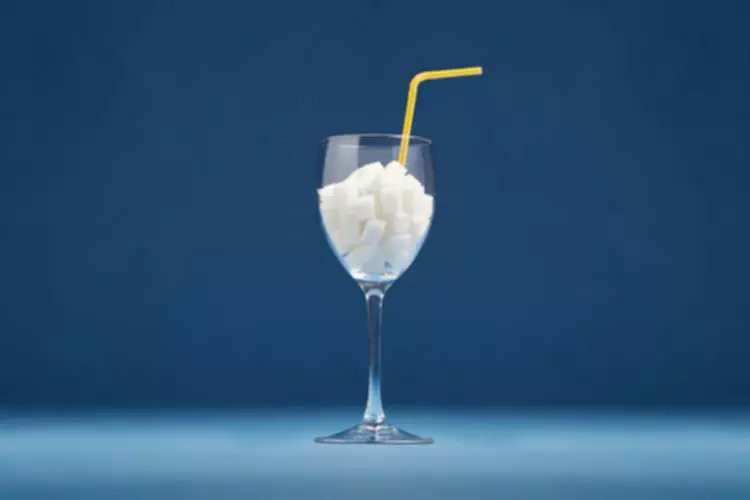
Headaches are among the most common symptoms of caffeine withdrawal, along with tiredness, fatigue, decreased alertness, decreased energy, and difficulty concentrating. According to the National Headache Foundation, the ethanol component of alcoholic beverages may cause the body to lose fluid. Dehydration, a change in the balance of body water and essential nutrients, results. This affects the fluids surrounding the brain and decreases the blood pressure and blood flow to the brain.
Types of Headaches From Drinking
The ethanol then moves into the bloodstream, into the brain’s nerve cells, and throughout the body, especially the liver. Staying hydrated and drinking in moderation can decrease the chance of experiencing a headache. People who experience severe headaches after drinking alcohol may also avoid alcohol altogether. Alcoholic drinks also contain chemicals called congeners, which may also trigger migraine headaches in certain people. Most of us can break down about one drink’s worth of alcohol each hour. They are thought to contain chemicals called congeners that add to ethanol’s harmful effects.

How Little Alcohol Is Enough To Cause A Headache?
Lower-quality wines contain molecules known as phenolic flavonoid radicals, which may interfere with serotonin, a signaling molecule in the brain involved in migraine attacks. As you drink alcohol, your stomach absorbs about 20 percent of this ethanol while your small intestine absorbs the rest. From the small intestine, ethanol travels into the bloodstream and throughout your body, including your brain. The best way to avoid a hangover headache is to limit how much alcohol you drink in one sitting. Still, we’ve also got some tips that can help you reduce your chances of having a headache, and a few to ease your pain in case you’ve already got one. A 2023 review of studies concluded that alcohol consumption increases the risk of headaches, particularly migraine and tension-type headaches.

Take Some Painkillers

Here’s what you should know and can do if you think you’re susceptible to dairy headaches. While some people use caffeine as a cure for headaches or hangovers, others find that caffeine — not to mention caffeine withdrawal — gives them headaches. Here’s what you need to know about caffeine, caffeine withdrawal, and headaches. You may feel pain all over your head or in just one spot, like at the back, front or side. The pain usually feels like a dull ache, but it can also be sharp or stabbing. The pain in your head is usually just a sign that you need to take it easy and have some water.
What preventive measures can I take to avoid headaches from coffee?
Migraines are severe headaches often accompanied by nausea and sensitivity to light or sound. For some migraine sufferers, dehydration is a known trigger; however, others report that head hurts after drinking drinking too much water during an attack exacerbates their symptoms. Dehydration can cause headaches, but sometimes drinking water can trigger them due to rapid fluid shifts or underlying conditions.
What Factors Affect the Risk of an Alcohol-Induced Headache?
And if you end up vomiting from having too much alcohol, you’ll lose even more fluids. But light exercise can help your body speed along its metabolic processes, ridding your body of alcohol and related toxins more quickly. Just make sure you stay hydrated since your body is already battling the effects of dehydration while you’re hung over. Migraines typically begins slowly and may increase in severity if left untreated.
Diuretic Effect of Caffeine
- Alcohol intolerance can cause people to feel unpleasant symptoms after drinking alcohol, including skin flushing, nausea and vomiting, headache, and a rapid heartbeat.
- Your liver is already working overtime to get excess alcohol out of your body.
- It’s essential to consider your overall health, lifestyle, and dietary choices.
- Keeping track of the amount of caffeine consumed from various sources, including coffee, tea, and energy drinks, can also help manage intake.
However, the headache is known to clear after 72 hours of abstinence. This dilutes the effect of alcohol in your system and reduces the chance of an alcohol-induced headache or triggering a migraine attack. alcoholism Some people drink water in between glasses of wine, for example. High alcohol and congener content of alcoholic drinks can increase the chance of developing a headache after drinking. People prone to headaches may have a higher risk of experiencing alcohol-related headaches.
Best Ninja Coffee Makers 2020 (Reviews & Buyer’s Guide)
One small study also found that placing an ice pack on the back of your neck may reduce pain in your head as well. When a withdrawal headache hits, you’re probably tempted to guzzle a venti Starbucks, stat. We relate, but you can try other things first to get rid of that caffeine headache ASAP. Whether a headache is caused by the caffeine or the withdrawal will vary from person to person. When someone has unusual pain in response to alcohol, there are several possible causes.
The list of conditions includes Hodgkin lymphoma, but also something called carcinoid syndrome. Keeping track of any patterns related to food or drink intake may also help healthcare providers understand your situation better during consultations. The relationship between migraines and hydration remains complex; it’s essential for individuals prone to migraines to monitor their own responses carefully. An imbalance in electrolytes can lead to further complications like muscle cramps and fatigue. It’s essential to maintain a balanced intake of both fluids and electrolytes for optimal hydration. Keep a log of your coffee intake along with any headache occurrences to identify patterns.
